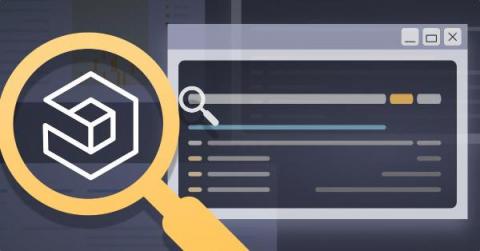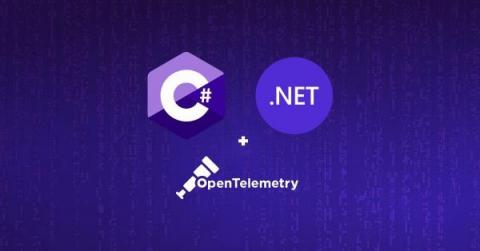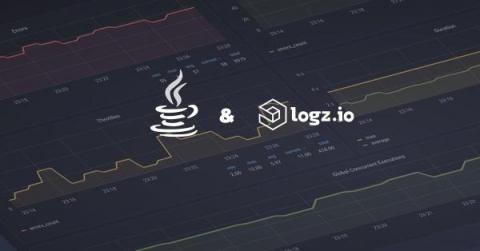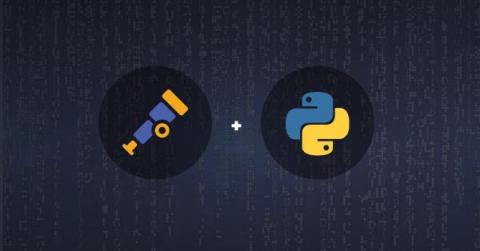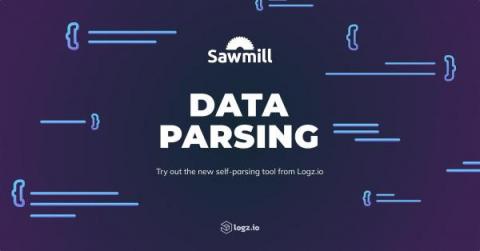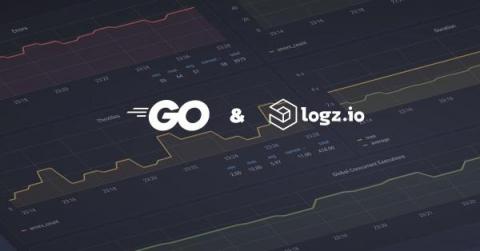Logz.io Vulnerability Insights: Confluence Server and Cosmos DB Reports
“Security is always seen as too much until the day it’s not enough.” – William H. Webster, former FBI Director As we all know, every year, thousands of new vulnerabilities are discovered, requiring organizations to patch operating systems, update applications, and reconfigure security settings throughout the entirety of their IT environments, including the cloud.



